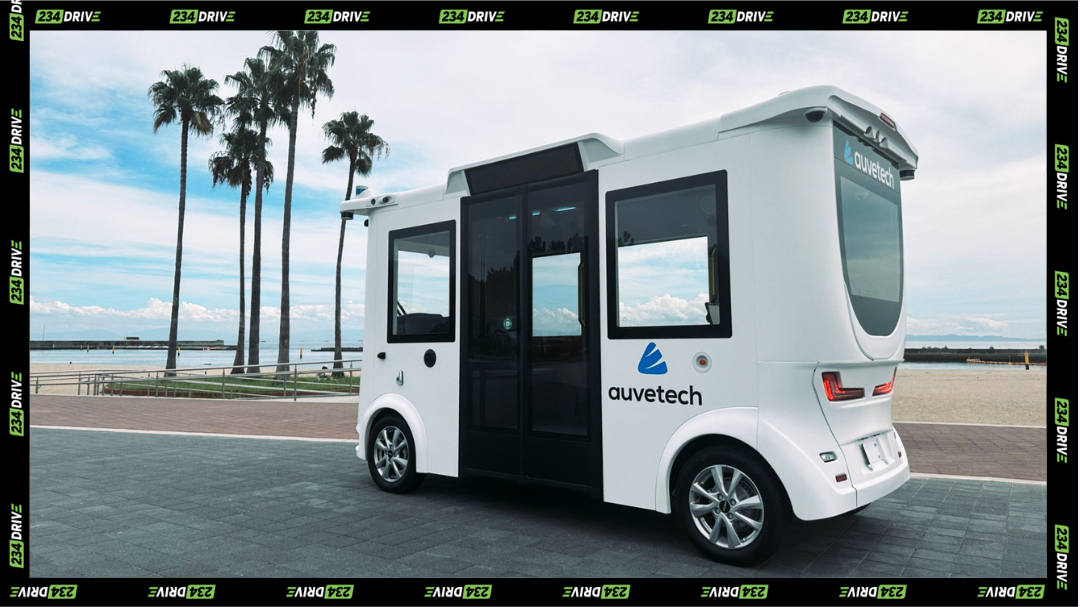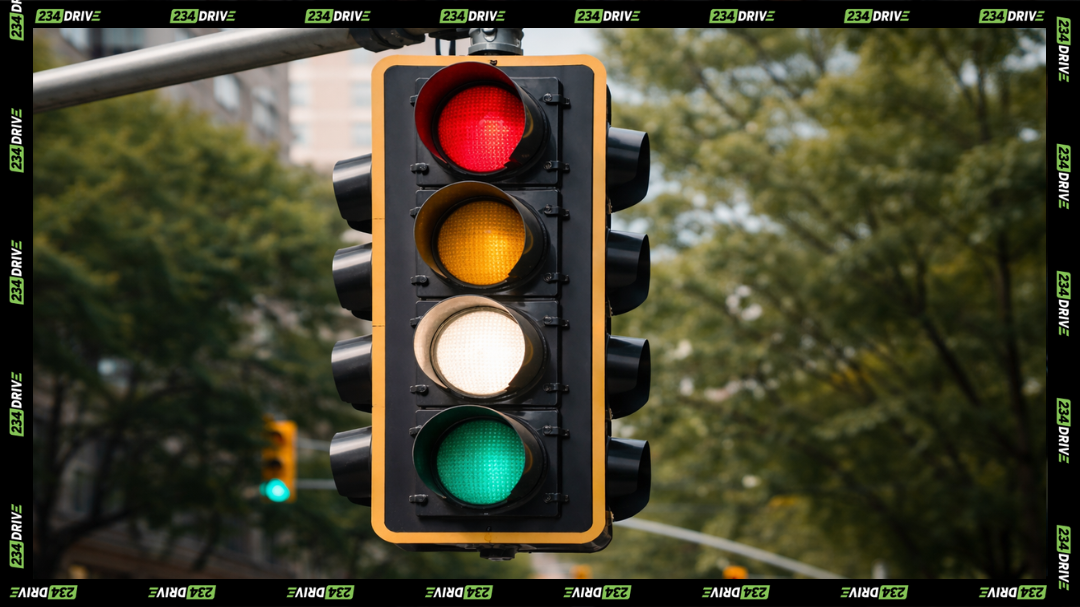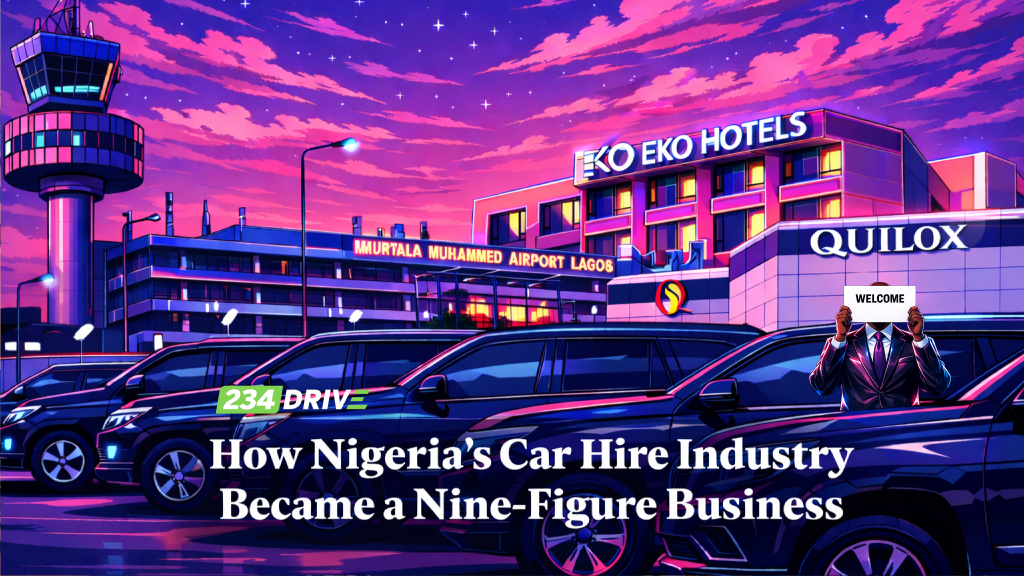Nigeria’s auto market took centre stage on September 11, 2025, when one of China’s largest automakers rolled into Lagos with a fleet of luxury electric cars. FAW Nigeria rolled out its new EV lineup at Lekki Avana Phase 2 in Lagos, an event that drew state officials, industry stakeholders, and football legend Kanu Nwankwo. The announcement marked the company’s most ambitious step yet in Africa’s fast-developing green mobility space, with two models introduced and a clear signal that Nigeria’s auto market is about to change.
The core announcement centred on two models—the FAW Mini EV and the MVP EV. These cars were unveiled in front of a crowd that included Lagos State’s representative, ESV Collins Olushina Alabi, who called it a “big one” for both the environment and the economy. For Nigeria, where the EV fleet is currently estimated at 15,000 to 20,000 units, this launch underscores a bid to scale adoption in line with government targets of 100 percent EV transition by 2060.

The FAW Mini EV is a compact three-door vehicle with four seats and a 20kW motor. It is styled with a gaming controller-inspired dashboard and packs features like automatic emergency braking, ABS, rear parking sensors, and tire pressure monitoring, making it an entry-level yet modern option for city commuting. The MVP EV offers a larger footprint, powered by a 53kW motor that peaks at 120kW and 85Nm torque. It uses a lithium iron phosphate battery, supports both a 60-minute fast charge and an eight-hour slow charge, and delivers higher-end amenities such as dual airbags, leather seats, LED lighting, a 10-inch LCD screen, and electric AC. Both cars aim to combine safety, comfort, and durability tailored for Nigerian roads.
Behind the launch is a clear division of roles. FAW Group, one of China’s big four automakers with global partnerships that include Toyota and Volkswagen, provides the design expertise, advanced EV platforms, and supply chain access. FAW Nigeria takes charge of local assembly and distribution, ensuring reduced import dependence while creating jobs and aligning with Nigeria’s industrialisation policies. Battery partnerships with CATL and BYD backstop the technology side, securing long-term supply of proven energy storage systems.
The business logic is straightforward. Nigeria’s Energy Transition Plan envisions a complete switch to electric by 2060, with Lagos aiming for 2050. Rising fuel costs are making alternatives attractive, while incentives like VAT exemptions on EVs and steel imports lower barriers. For FAW, starting with luxury EVs is a calculated strategy to capture a segment of buyers willing to pay for both prestige and sustainability, setting the tone before moving into mass-market plays.
Compared globally, Nigeria is entering the EV race later than markets in Europe, North America, or China, where infrastructure and adoption are already more advanced. But the momentum is picking up across Africa. Spiro has deployed 33,000 e-motorcycles across the continent, while NEV Electric is targeting thousands of micro-EVs and larger vehicles by year-end. Compared to these deployments, FAW’s launch positions Nigeria as a hub for four-wheeled EV innovation rather than two-wheelers, raising the stakes for infrastructure expansion.
Competitors are already executing their own strategies. Saglev, a joint venture with Dongfeng, has introduced the M-Hero 917, an electric SUV assembled in Nigeria, focused on rugged off-road performance. Jet Motor Company continues to push electric minibuses for fleets and ride-hailing services. Innoson is laying groundwork for a domestic EV manufacturing plant. Each is betting on a slightly different angle—ruggedness, fleet utility, or domestic scaling—while FAW is betting on safety, luxury, and global R&D credibility. The race will come down to who can move fastest from launch to large-scale deployment, and who can survive Nigeria’s infrastructure bottlenecks.
FAW has a track record that adds weight to its bet. In 2023, its Hongqi brand sold 370,000 units globally, including 85,000 new energy vehicles, representing a 135 percent year-on-year increase. The company has invested in modular EV architectures and secured thousands of patents, signalling both capacity and intent. That history lends credibility to its Nigerian venture and suggests a long-term strategy rather than a one-off launch.
The Lagos debut of FAW’s EVs is more than another product reveal. It signals a shift from speculation to implementation in Nigeria’s electric mobility market. The vehicles are real, the assembly is local, and the demand is rising. But one question lingers: can infrastructure, from charging stations to reliable power supply, keep pace with consumer interest, or will adoption stall at the luxury end until the ecosystem matures?









